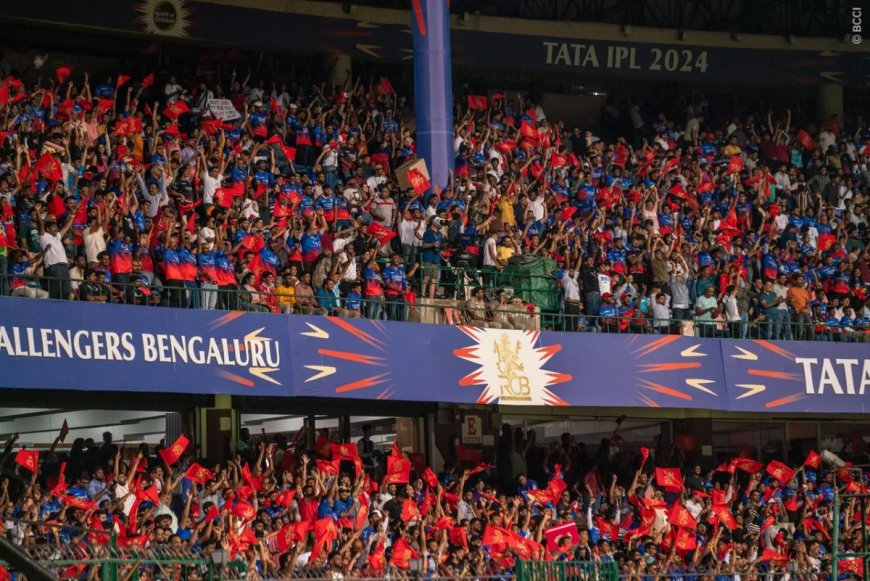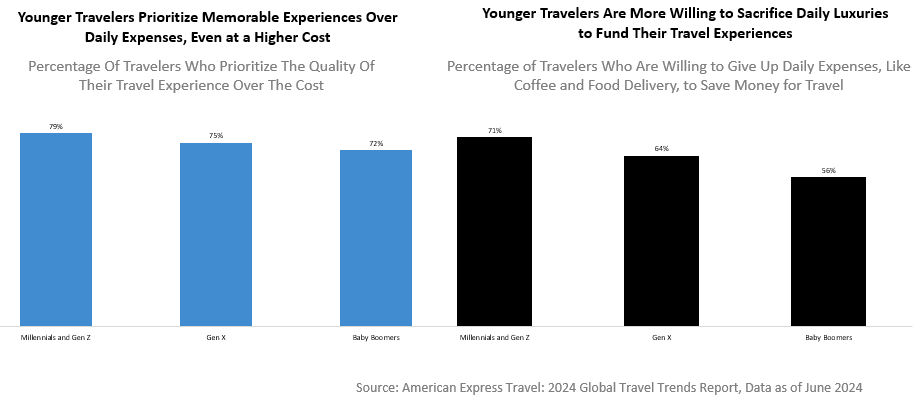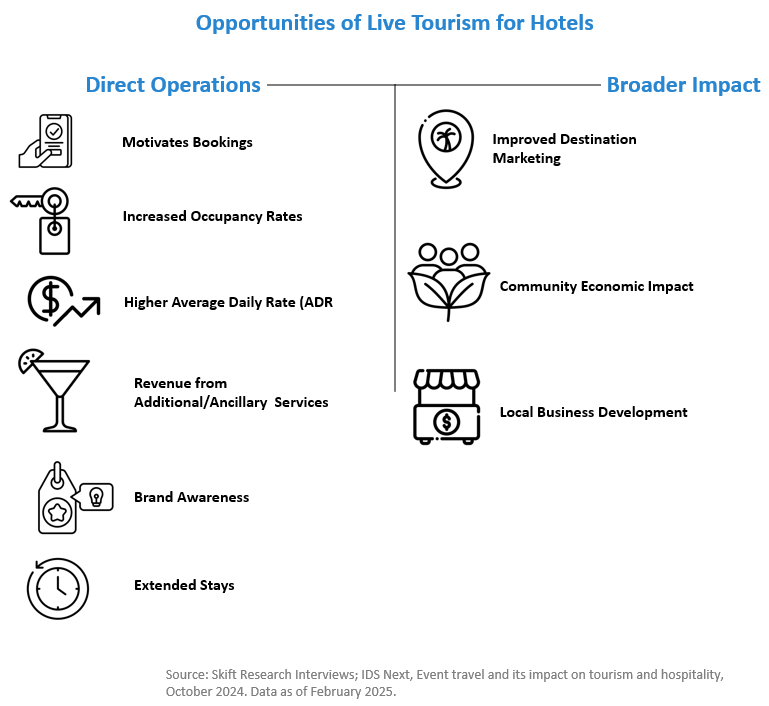How 'Live Tourism' Events Can Drive Business for Hotels

Hospitality career profile Research’s latest report explores how major events such as concerts, sports tournaments, and cultural festivals are driving demand for hotels. It’s a phenomenon we call “Live Tourism.”
Major events generate significant spikes in hotel occupancy and revenue, with average daily rates (ADR) increasing by 300–500% during peak periods.
Millennials and Gen Z are leading this trend, redirecting their budgets toward travel experiences rather than material goods.

Live tourism isn’t a new phenomenon, but its scale has surged due to digital connectivity and the global reach of major events. High-profile tours like Taylor Swift’s Eras Tour and sporting spectacles like the FIFA World Cup have demonstrated how live tourism can inject billions into local tourism ecosystems.
Travelers are prioritizing unique, time-sensitive experiences, with over 70% more likely to plan trips around live events than five years ago.
Opportunities for Hotels in the Live Tourism Market
With the increasing demand for live experiences, the hospitality sector stands to gain significantly.

Hotels near event hubs often experience increased occupancy rates and bookings long before events begin. This surge creates opportunities for broader economic growth, drawing attention to previously overlooked destinations and fostering long-term tourism development.

Cities hosting major events often witness a transformation in their tourism economies, with increased international exposure and sustained visitor interest beyond the event itself. Infrastructure investments and improvements in transportation and public spaces contribute to long-term market viability.
Live events generate massive digital engagement, drawing global attention to host cities and accommodations. Social media amplifies the impact, sustained demand long after an event concludes. The impact extends beyond accommodations, with travelers spending on dining, entertainment, and other local experiences.
This trend supports not only hotels but also surrounding businesses, creating a ripple effect that benefits entire tourism ecosystems.
The opportunities for growth and market expansion remain strong. The experience economy is reshaping the hospitality landscape, with events driving increased travel demand and brand exposure.
The rise of live tourism signals an era where travelers seek more than just a destination—they seek immersive, unforgettable moments. The hospitality industry is uniquely positioned to meet this demand, fostering experiences that resonate far beyond a single event.
Hospitality career profile Research: How Hotels Can Leverage Live Tourism to Drive Revenue and Loyalty


 Abhishek Mukherjee
Abhishek Mukherjee 